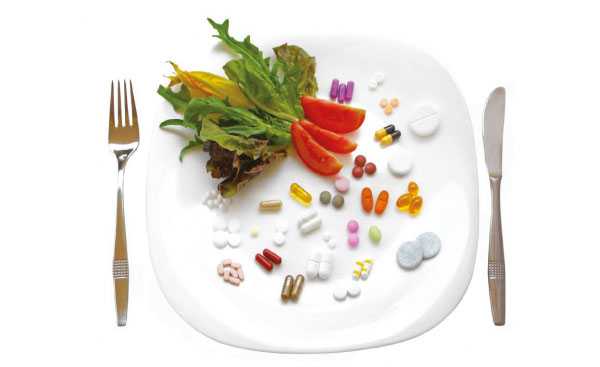Are dietary supplements necessary for children?

Evolving lifestyles may have exposed us to better standards of living, but unfortunately, it is not without side effects. Lifestyle diseases such as diabetes or superbugs such as drug resistant tuberculosis continue to plague many with little regard for age, gender or status. This has created a heightened wave of health consciousness with many parents turning to supplements as immune boosters in a bid to lower their children’s chances and frequency of contracting diseases and illnesses.
The American Food and Drug Administration (FDA) defines supplements as ingested products containing dietary ingredients intended to add further nutritional value to a diet. They are mostly essential nutrients (ones the body cannot make), for instance vitamins and fibre. They also include nutrients found in trace elements in food such as certain minerals, fatty or amino acids or are totally lacking in ones diet creating a deficiency, hence the need to ‘supplement’ them.
Supplements come in many forms including capsules, tablets, soft gels, gel caps, liquids or powders. A great example is cod liver oil, which is rich in vitamin A, D and Omega 3 fatty acids.
The idea of a magic pill that can cure-all or prevent most, if not all, diseases is tempting, but according to scientists and medics, supplements should be taken in moderation, if at all. This is because a balanced diet should provide all the nutrients a child needs. Moreover, excessive consumption of some supplements may do more harm than good.
For instance, when ingested heavily, vitamin A, causes hypervitaminosis – a condition characterised by a series of toxic side effects including blurred vision, poor weight gain in infants and toddlers, among others. Additionally, in an industry facing little regulation especially in developing countries, due diligence is required in terms of figuring out genuine brands and suppliers vis-à-vis counterfeit goods.
There are however extraneous circumstances under which doctors deem the intake of supplements as necessary. They include:
Birth challenges: Children born pre-maturely, with low birth weight or small for gestational age and do not feed well enough to meet the required nutritional standards required for good health.
Disease and deficiency: Children diagnosed with certain deficiencies or chronic diseases such as anaemia.
Limiting diet: Dietary lifestyles such as vegetarianism where certain types of foods are omitted entirely from a child’s diet.
Preference: Some children are picky eaters, which may restrict the amount of an essential nutrient consumed hence causing deficiencies.
Activity: Kids involved in physically demanding sports such as rugby.
Weather: Residents of countries that have prolonged winter periods or little sunshine have to take vitamin D supplements.
Highly recommended supplements…
In the event a doctor has not prescribed but has deemed it safe to give supplements, it helps to be strategic with which supplements one gives. There are those that come highly recommended and may even be detrimental if taken in low quantities in food. They include:
Vitamin A: It increases a child’s survival rate through promotion of normal growth, development and immune responses, tissue and bone repair, healthy eyes and skin. Sources include milk, eggs, yam and brightly coloured vegetables and fruits.
Vitamin B: There are several including B2, 3, 6 and 12. They aid in metabolism, energy production, and healthy circulatory and nervous systems. Sources include meat, chicken, fish, eggs, milk, beans and nuts.
Vitamin C: It promotes healthy muscles, tissues and skin. Sources include citrus fruits, tomatoes, strawberries and green vegetables such as spinach.
Vitamin D: It promotes healthy bone and teeth formation and absorption of calcium key in preventing rickets disease. Sources include dairy products, fish and sunshine.
Calcium: It builds strong bones and teeth especially in children and older women. Sources include dairy products, oranges, kale, black-eyed peas and sardines.
Iron: It builds muscle and red blood cells. Sources are red meats, pork, beans and green leafy vegetables
As a rule of thumb, always consult your doctor before starting your child on supplements. This is because supplements should not be used either as replacements for a balanced diet or to treat diseases, nor do they guarantee prevention of diseases.
Published in January 2015




